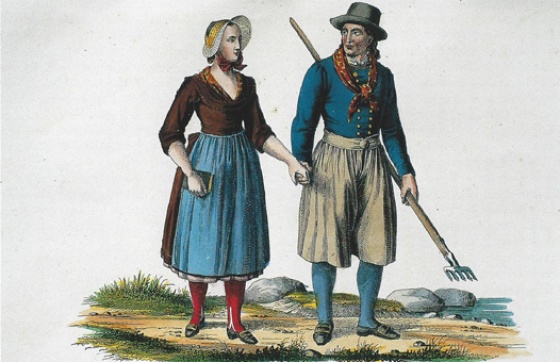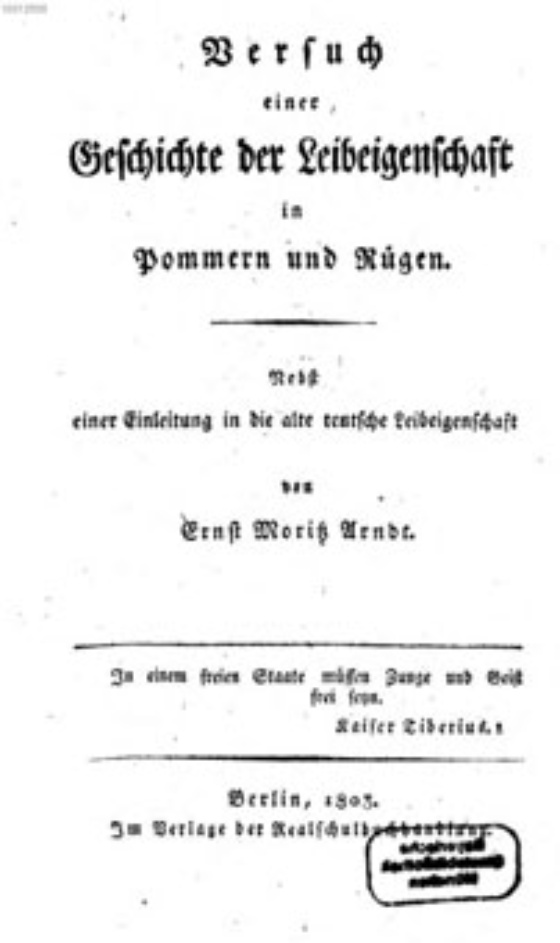Napoleon imposed a ban on grain exports. Prices fell. The cattle plague destroyed many stocks in 1810. The subsequent agricultural crisis brought significant fluctuation among the land owners, which did not subside until around 1840.
The “Patriotic Society” was created in 1817. It was committed to innovations in livestock farming and agriculture.
Serfdom was officially abolished in Mecklenburg in 1819. It took until 1824 for the decree to be enforced on state farms. Knights did not complete this abolition until 1860. Free farm workers migrated overseas in numbers.

